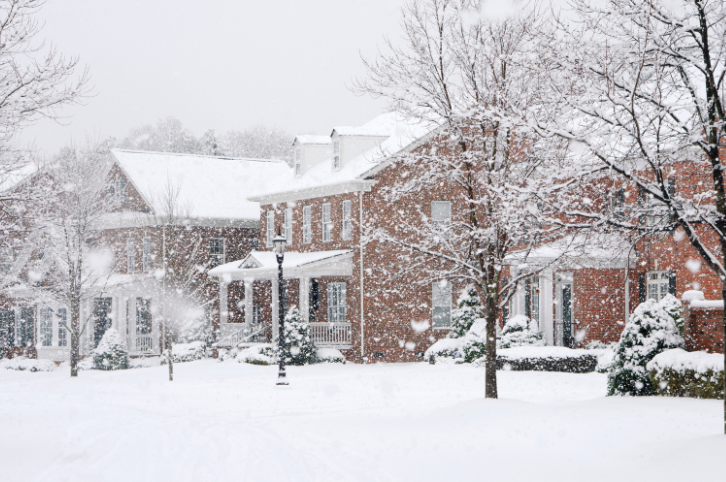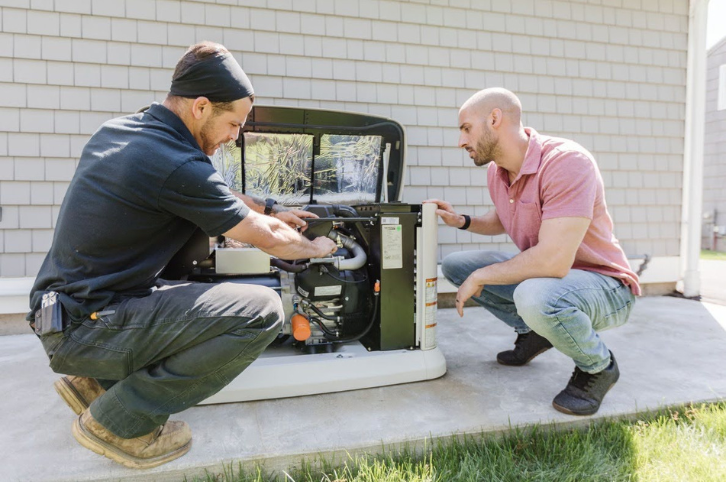
June 11, 2025
When your standby generator starts acting up, it can throw your whole household into chaos. Power goes out—your fridge stops, your work-from-home setup crashes, and for those depending on medical equipment, it’s more than an inconvenience; it’s a safety issue.
If your generator isn’t running as smoothly as it used to, you might be seeing the first red flags that it’s time for a replacement.
Here are the top signs your current system might be outdated or underperforming, and what you can do to ensure you’re not left in the dark.
1. The Generator Is Approaching the End of Its Expected Life
Just like any major appliance, generators have a shelf life. They work hard in the background, but eventually, even the best ones wear down.
Typical Lifespan of Residential Standby Systems
How long do generators last? Most residential standby systems have a generator lifespan of 10 to 15 years with proper generator maintenance. If yours is hitting double digits, it’s wise to keep a closer eye on its performance.
Conditions That Accelerate Generator Aging
Frequent use, harsh weather conditions, poor ventilation, and infrequent maintenance can shorten that lifespan. A neglected generator may give up long before that 10-year mark—especially if it’s stored outdoors or near corrosive materials.
Exposure to moisture, extreme temperature swings, and salt in coastal environments can lead to faster internal wear and corrosion. Likewise, skipping regular oil changes, battery checks, or filter replacements can cause premature engine damage and reduce overall performance over time.
2. It Struggles to Start or Fails During Outages
There’s nothing more frustrating than your generator not starting just when you need it most. If it hesitates or fails altogether during an outage, you’ve got a problem that shouldn’t be ignored. This could be due to worn-out parts, weak batteries, or a control system that’s past its prime.

In fact, nearly 70% of homeowners with standby generators said they were unaware their unit was past its recommended lifespan or showing signs of decline. If you’re wondering how to test a generator, running regular self-tests or working with professionals (like PE Home Generators) can help detect issues early on.
3. Power Output Is No Longer Consistent
When your generator kicks on, the last thing you want is flickering lights or a half-powered fridge.
Fluctuations in Power Supply During Operation
Inconsistent power output indicates that the generator’s internal components might be wearing out. This can damage sensitive electronics and appliances. If your lights dim or surge during use, it’s time to consider when to replace the generator.
4. Repairs Are Becoming More Frequent and Costly
Are you calling your repair guy more often than your relatives? That’s a sign.
Comparing Repair Costs to Upgrade Value
When you’re shelling out cash for repairs every few months, those costs add up—fast. In many cases, putting that money toward a newer, more efficient model makes better financial sense. A newer unit will also likely be under warranty, giving you peace of mind for years to come.
Check out our product page for up-to-date, reliable systems.
5. Fuel Consumption Has Increased Unexpectedly
If you’ve noticed you’re refueling more often or your gas bill has spiked, your generator could be running inefficiently. Over time, older systems tend to burn more fuel to produce the same output. This not only wastes money, but it’s hard on the environment, too, producing higher emissions and placing unnecessary strain on the unit.
Newer generators are designed with smart load management and advanced fuel optimization features, allowing them to run cleaner, quieter, and far more efficiently—helping you save over the long haul.
6. The Unit Shows Signs of Physical Deterioration
A visual check can reveal a lot about your generator’s condition.
Surface Corrosion and Structural Damage
Rust, flaking paint, and corrosion around key components are more than cosmetic—they can be signs of internal damage. If water or pests have gotten inside, it might already be compromising the machine’s operation.
Excessive Noise or Vibration While Running
If your generator sounds more like a helicopter than a quiet hum, something’s wrong. Excessive vibration or unusual sounds during operation could mean internal wear or misaligned parts. Newer models run much quieter and smoother.
7. Your Home’s Power Needs Have Grown
Our homes today use more power than ever. If you’ve added a home office, new appliances, or even a hot tub since you installed your generator, your current unit might struggle to keep up.
This is a huge red flag that it’s time to upgrade to a larger, whole-home generator.
8. Modern Features Are Missing From the Current System
Technology has come a long way, and your old generator may be missing some now-essential features.
Lack of Remote Monitoring and Automated Testing
Can you check the status of your generator on your phone? Does it test itself weekly to ensure it’s ready when you need it? New systems offer remote monitoring, mobile alerts, and smart diagnostics to help keep everything running smoothly without lifting a finger.
9. The Generator May Not Meet Current Codes or Standards
Local electrical codes and safety regulations are regularly updated to reflect advancements in technology and safety practices. An older generator that was compliant a decade ago may now fall short of modern standards—especially when it comes to emissions, automatic shutdown systems, and transfer switch protocols.
This can create issues during home inspections, impact insurance coverage, or complicate resale if the system doesn’t meet today’s requirements. Newer generators are engineered to align with current codes, offering safer operation, better energy efficiency, and compatibility with evolving home electrical systems.
PE Home Generators Can Help You Plan the Right Upgrade
If you’re seeing one—or several—of the signs above, you don’t have to figure it out alone. The team at PE Home Generators is here to guide you every step of the way.
Personalized System Evaluations and Expert Installation
We offer tailored evaluations based on your home’s current and future energy needs. Our professional installers ensure your new generator is an upgrade in every way—better performance, smarter controls, safer operation, and lasting durability. Knowing when to replace your generator gives you peace of mind. Don’t wait until it’s too late. Contact us today about our home generator solutions!
Disclaimer: The information provided in this blog is for informational purposes only and should not be considered professional advice. For guidance specific to your situation, please consult a licensed professional.
Recent News
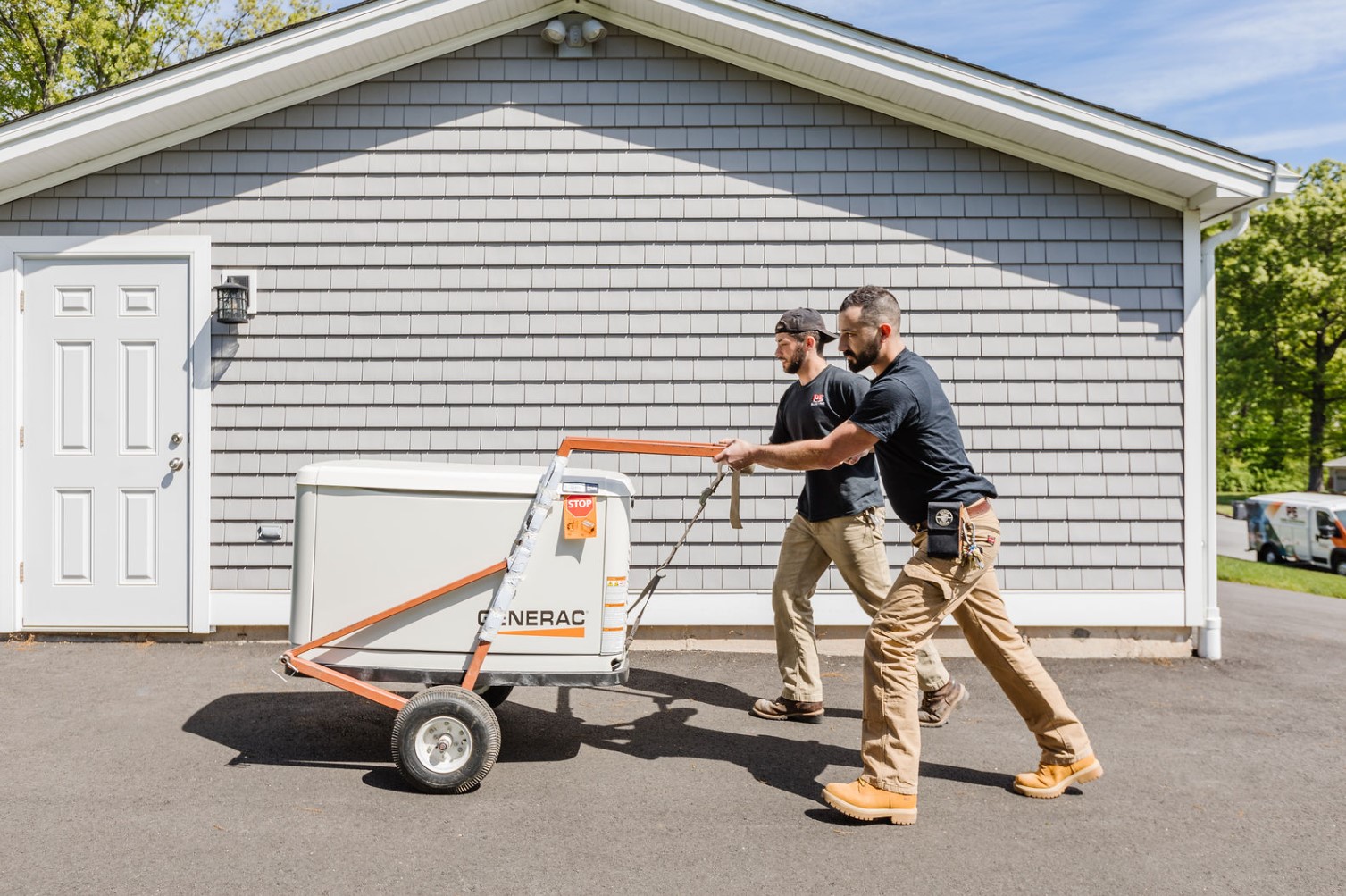
5 Common Myths About Home Generators Debunked
January 20, 2026
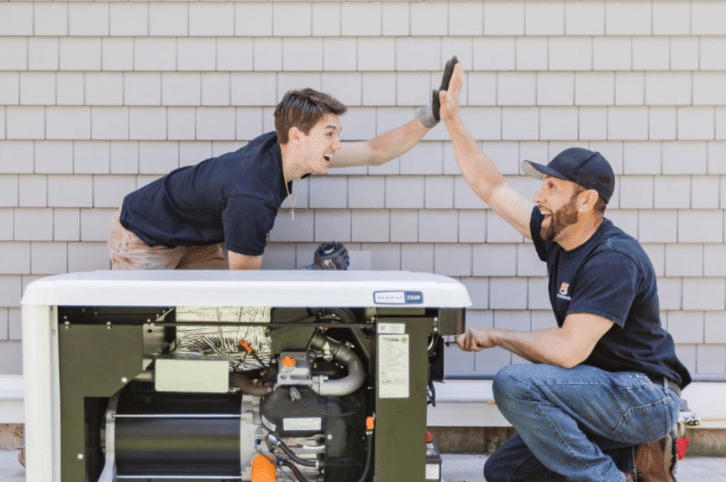
What to Expect During the Home Generator Installation Process
January 14, 2026
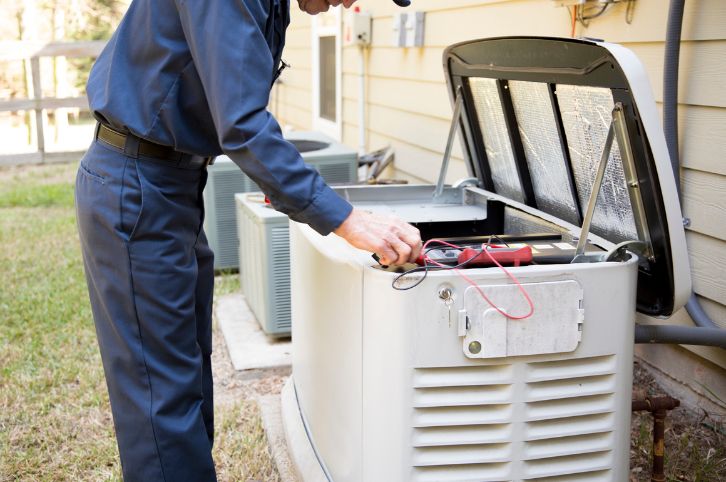
Generator Permitting and Town Regulations in Connecticut
December 16, 2025

The Top 8 Home Projects with the Highest Return on Investment
November 12, 2025
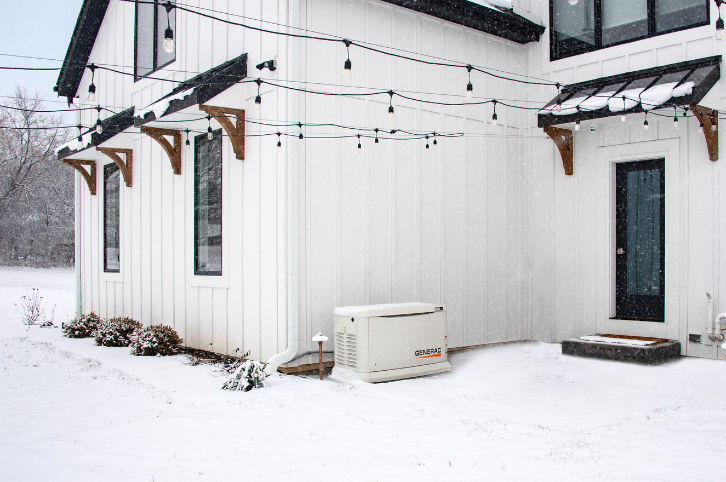
Can You Run a Generator During a Snowstorm or Nor’easter?
November 3, 2025
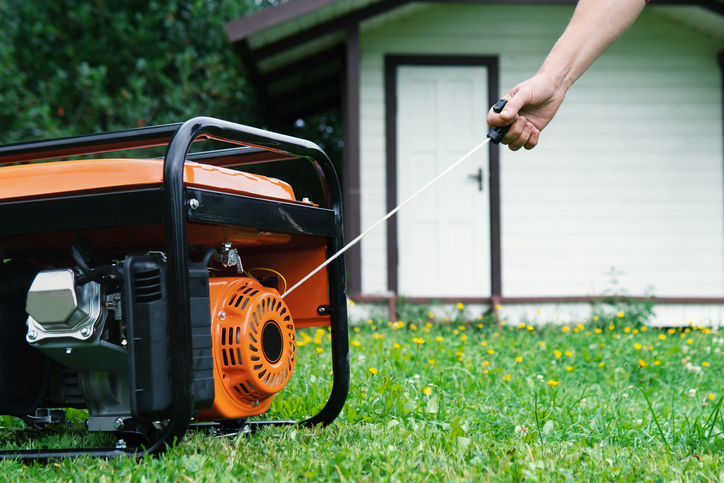
Portable vs. Standby: Choosing the Right Generator for Your CT Home
October 20, 2025
